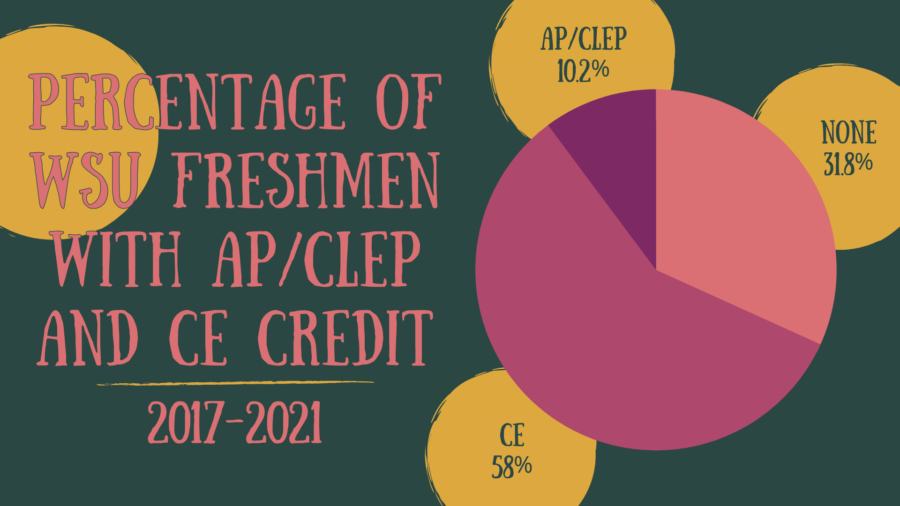On Wednesday, Wikipedia, Reddit, Mozilla, Google and other major websites blacked out all or part of their pages in response to two controversial bills in Washington. House Bill 3261, known as the Stop Online Piracy Act, and Senate Bill 968, or the Protect I.P. Act, took to the public eye after almost being rushed through debates and into law.
Throughout the day, social networks like Facebook and Twitter encouraged conversation about #BlackoutSOPA, a web-based protest from major Internet companies. Visitors to websites were met with anti-SOPA and PIPA messages and contact information of legislatures or petitions to send to the Capitol.
Based on the amount of legislatures who have changed their stance, many political analysts have declared that neither bill will be allowed to move further and that both will need to see major revisions for future action.
Initially supported by the entertainment industry, SOPA and PIPA were rushed into the House of Representatives and the Senate, respectively, without much public notice or opposition. The bills were meant to stop international pirating companies.
In practice, these bills would target companies overseas which would sell new-to-theaters films by forcing search engines to police the content of all websites and hosts to shut down sites accused of piracy.
However, asking web companies to change Internet protocols did not sit well with major websites, and like the protest movements from the 1960s or the 1970s, people spoke out against the bills.
Ten years ago, no one would have guessed how much political action could come from a social website. Just a few years ago, during the Proposition 8 debates, many expressed doubts that strong public protest could exist in modern America.
Wednesday proved that American protest still exists, but it has evolved to a new form. Rather than marching the streets or picketing buildings, citizens write emails and make phone calls.
Facebook is the new street, and Twitter is America’s picket sign.
Many sites feared irreparable damage to the Internet and to business. From small to large, every web-based business would have to make major changes to fit SOPA and PIPA’s definition of legal content.
One pro-act lobby group received backlash by its sponsors. The Entertainment Software Association, champion for the rights of video game developers, publishers and retailers and founder of the ESRB rating system, spent close to $190,000 supporting SOPA and PIPA. However, members of the ESA were quick to state the dangers of the bills.
The film, music and literary lobbyists were stunned by the impact of the digital protest. In the 60s and 70s, film and music could spur social change. Today, social media websites allow users to spread a message, and major web companies can further spread information. With the free flow of information through the Internet, people can find information instantly and make their own decisions.
When jaded people claim that the legislature is controlled by lobbyists and special interest groups, when you are told that your voice does not matter, remember the digital protest that led American citizens to fight for free speech by flooding their elected officials with calls and emails. Remember #BlackoutSOPA.












